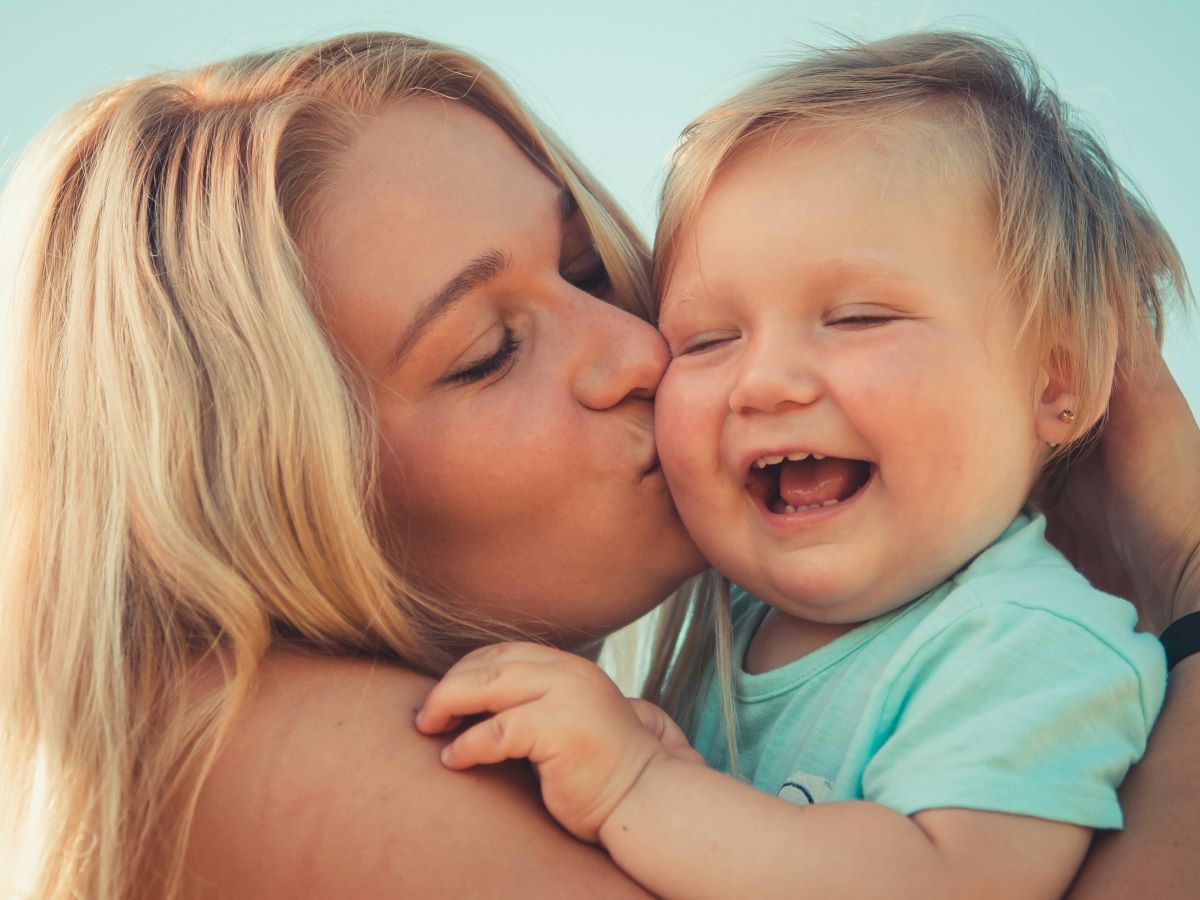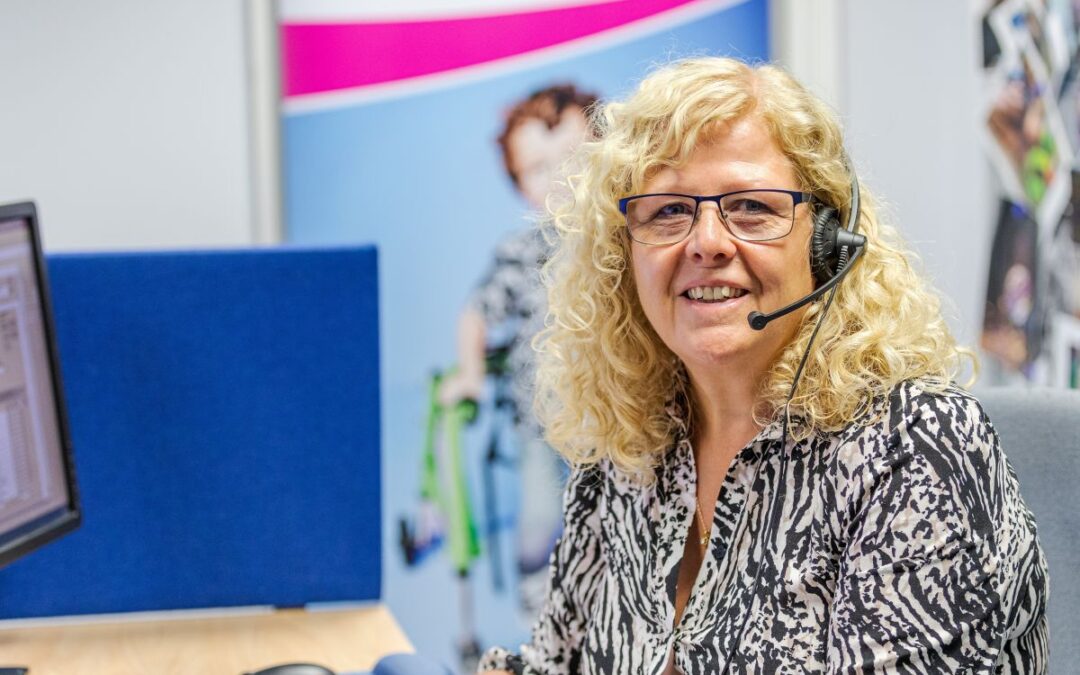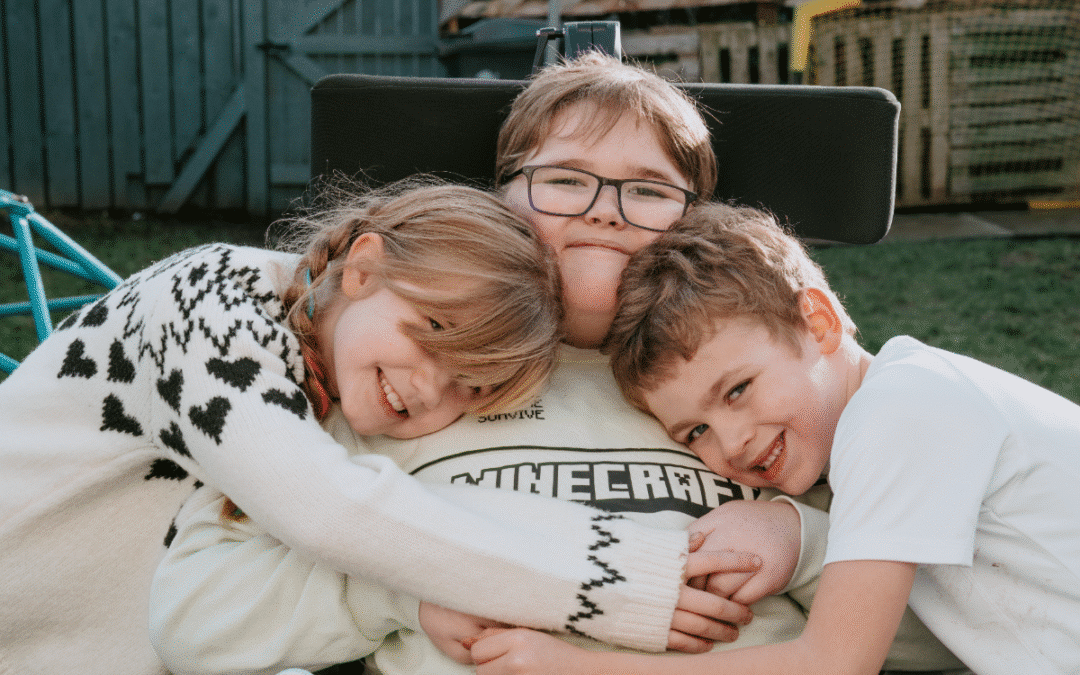
Undiagnosed Children’s Day is April 26, so we’re shining a light on what it means and how you can find support if your child doesn’t yet have a diagnosis.
When a child has a diagnosis there can be a general sense of what you can expect to happen, but there are around 6,000 children a year are born in the UK with undiagnosed conditions – which can result in a lot of worry about both the immediate future and what this will mean for your child and your family going forward.
Sometimes finding an underlying diagnosis for your child’s condition can be difficult, making the whole experience even more worrying and frustrating. Years may even pass before the right diagnosis is found, and for some that day never comes, especially with rare conditions. This can feel quite overwhelming and isolating when trying to find out information and access support. But there is help available, both for your child and their parents or carer, whether you are at the beginning of your journey or you are learning to navigate new symptoms or new chapters in life such as starting school.
A term often used when a child has a genetic condition of syndrome which doesn’t have an exact diagnosis is a SWAN – Syndrome Without A Name. This can be a handy umbrella term when you are looking for the support you need.
As well as asking medical professionals for their support recommendations in your area, you can also turn to Newlife Nurses for both general and specific support tailored to your child’s needs such as benefits and financial support you are entitled to, getting a social services needs assessment to help with everyday life and support specific to your needs, as well as someone just to talk to about how you are coping.
There are also support groups that can put you in touch with where you can find other families whose children are also SWANS, such as Genetic Alliance UK, a dedicated support network in the UK for families affected by a syndrome without a name.
Top Tips
Make a list of your child’s symptoms and how they are affected by them as well as any medication they are on and other important information. You can then provide copies of this at medical appointments and assessments so you don’t have to keep explaining everything from the beginning which can prove frustrating – and also runs the risk of you forgetting something when you are stressed or rushing.
When you feel ready, connect with other families with children who have undiagnosed syndromes. They are experts in navigating different issues that arise and talking about your own experiences can help you feel less isolated, especially when new challenges arise.




